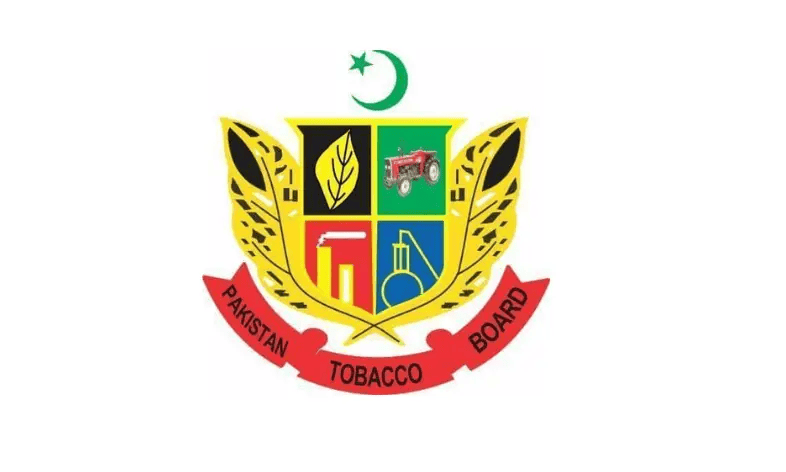The federal cabinet’s decision to dismantle the Pakistan Tobacco Board (PTB) and devolve its essential functions to provincial authorities is not just ill-conceived—it’s an alarming breach of the law. Established under the Pakistan Tobacco Board Ordinance of 1968, the PTB has served as a self-sustaining federal entity tasked with regulating, cultivating, and promoting the export of tobacco. This unified framework has been the cornerstone of an industry that contributes billions to Pakistan’s economy, and any attempt to decentralize it threatens to plunge the sector into chaos.
Tobacco is no ordinary crop. Its significance extends far beyond the fields—it is deeply embedded in the country’s trade, commerce, and industrial fabric. For decades, tobacco has been treated as a federal subject, ensuring consistent policies on cultivation, manufacturing, exports, and taxation. Breaking this uniformity by transferring regulatory power to provinces risks creating fragmented policies that could cripple the industry. Lessons from tobacco-producing powerhouses like China, India, and Zimbabwe underscore the importance of centralized management for maximizing efficiency and growth.
The economic stakes are staggering. Tobacco exports have soared from $42 million in 2019-2020 to $108 million by the end of 2024, a testament to the PTB’s effective oversight. Additionally, during the current fiscal year, the sector has already contributed over Rs. 237 billion in federal excise duty and sales tax. These figures are no accident; they reflect the structured, cohesive system that the PTB has upheld for decades. Fragmenting this framework by handing over responsibilities to provincial governments could disrupt tax collection, pricing mechanisms, and export coordination—consequences the nation can ill afford.
Dismantling the PTB is not just an administrative oversight—it’s an act of economic recklessness that could unravel decades of progress. Tobacco marketing, regulation, and taxation require meticulous planning and execution, something only a centralized authority can provide. The federal government must abandon this ill-conceived plan and recognize that the PTB is not just a regulatory body—it is a linchpin of Pakistan’s economy. The decision to decentralize this critical institution must be reversed for the sake of economic stability and national interest.
This article is authored by the CEO of Coalition of Hope, an organization dedicated to advocating for sustainable development and protecting the economic foundations of Pakistan.










